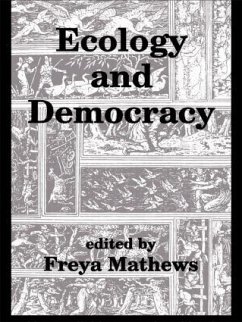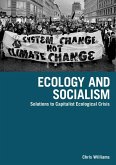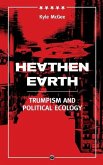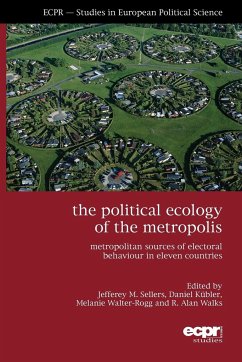What is the optimal framework for environmental reform - reform on a scale commensurate with the global ecological crisis? In particular, how adequate are liberal forms of parliamentary democracy to the challenge posed by this crisis? These are the questions pondered by the contributors to the present volume. In their evaluations of liberalism, these authors range from qualified defence to extensive critique, though the majority regard democracy in some - not necessarily liberal - form as the most promising vehicle for ecopolitics. Exploration of the possibilities of democracy in this connection gives rise to certain common themes. These include, firstly, that of the relation between ecological morality and political structures of procedures: are certain political systems more conducive than others to the flowering of an ecological outlook, or are the moral values of citizens formed independently of political processes? A second theme relates to the question of the structure of decision-making and distribution of information in political systems: are ecological interests best served by centralised or decentralised political scenarios? The latter question leads, in several contributions, to ideas of 'democracy without traditional boundaries', where this idea is taken, in different ways by different authors, as a key both to environmentalism in an age of global ecology and to the revitalisation of democracy itself in a world of increasingly protean constituencies and mutable, indeed soluble, boundaries.








